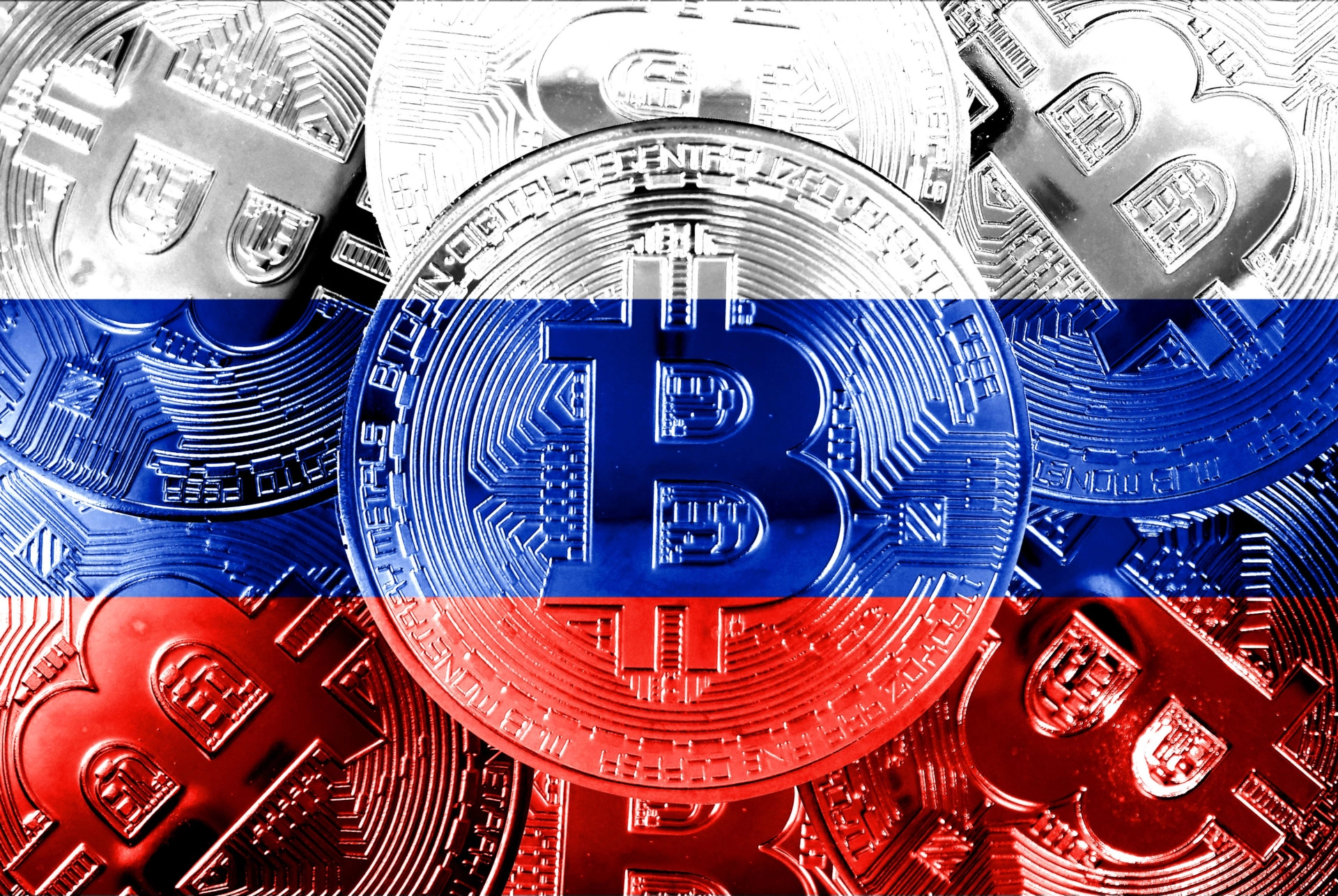- Russia has officially legalised crypto mining to circumvent Western sanctions, with the new law regulating and overseeing mining activities.
- The law enables crypto as a form of payment in foreign exchange and allows the Bank of Russia to create an electronic platform for crypto transactions while retaining the authority to ban risky activities.
- An experimental regime starting in September 2024 will enable cross-border payments and trading using cryptocurrencies.
In a bid to avoid Western sanctions, Vladimir Putin has officially legalised cryptocurrency mining in Russia, according to the Russian news agency Tass.
The new law will regulate what was a previously illegal industry, overseeing that only registered entities and individuals engage in crypto mining (those who do not register can still mine but must stay within specified energy limits). Moreover, the law allows crypto as a form of payment in foreign trade and allows the Bank of Russia to create an electronic platform for crypto transactions.
In general, Russian citizens will be able to trade crypto — though the central bank retains the authority to ban activities that it considers a threat to the national currency, the Russian Ruble (RUB), such as money laundering or fraud.
The law was signed sooner than expected. Makes sense, though, as Russian lawmakers were looking for ways to bypass international sanctions. The paperwork was being prepared and passed to the Senators in the Federation Council in July.
Advertisement

Related: Russia Moves to Legalise International Crypto Transfers and Mining with New Laws to Challenge US
Russia Signs Crypto Mining Law
According to Anatoly Aksakov, head of the Duma’s financial market committee, the use of crypto assets could help Russia bypass international sanctions. If crypto mining in Russia performs relatively well in the following days/weeks under this new law, it might establish a precedent, prompting other nations keen on digital assets to fully embrace crypto as a form of payment and as a trading asset (and, of course, avoid Western sanctions).
Ki Young Ju, founder of CryptoQuant, believes this move is a sign of Russians “acting to keep up with the US.”
One thing to notice is the introduction of an “experimental regime”, effective from September 1, 2024. This regime allows the Bank of Russia to authorise companies to conduct cross-border payments and engage in exchange trading using cryptocurrencies.
Overall, the legalisation of crypto mining in Russia shouldn’t be looked at as just a domestic policy change but a development with potentially wide-reaching consequences in the international arena.
It’s funny how circumstances can turn the tables for everyone. In 2022, Russia sought to ban BTC and crypto mining. Fast-forward to today and mining crypto is officially legal in the country.
Related: IMF Shifts Crypto Policy Stance, Highlights Progress in El Salvador
It remains to be seen how Russia’s entry into the crypto world will affect crypto regulation and adoption worldwide.




